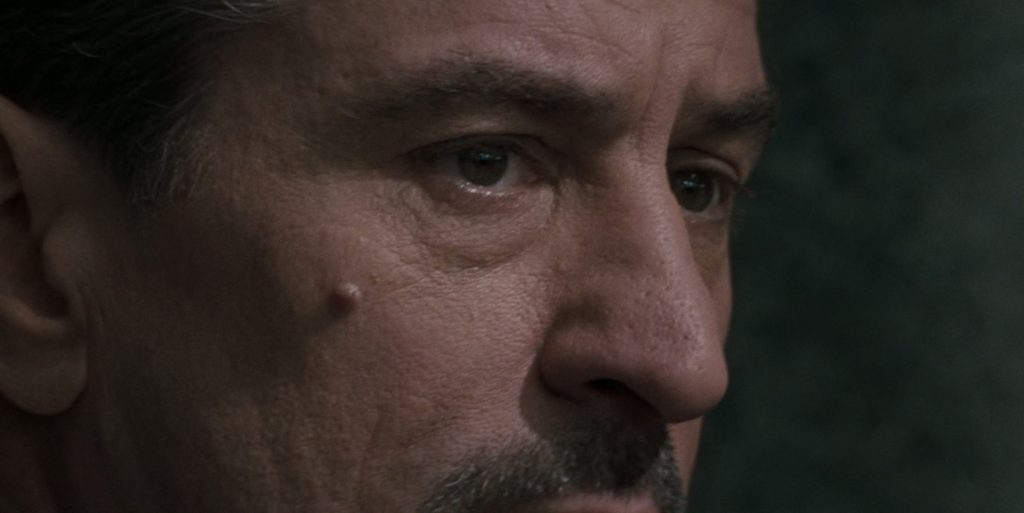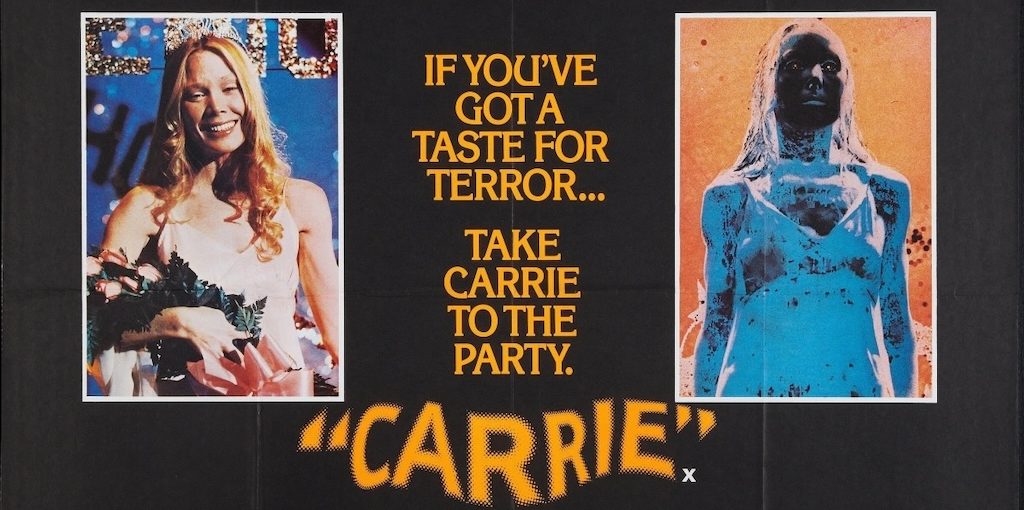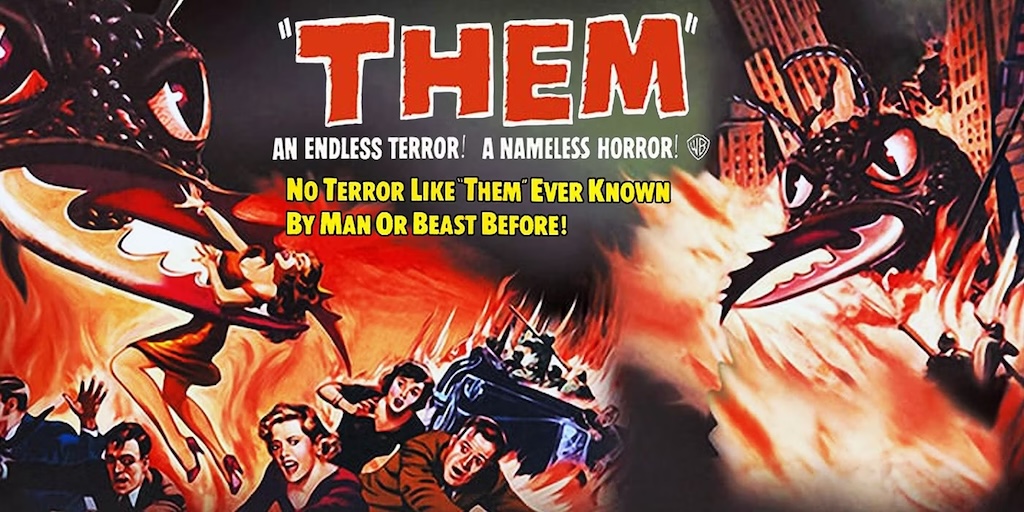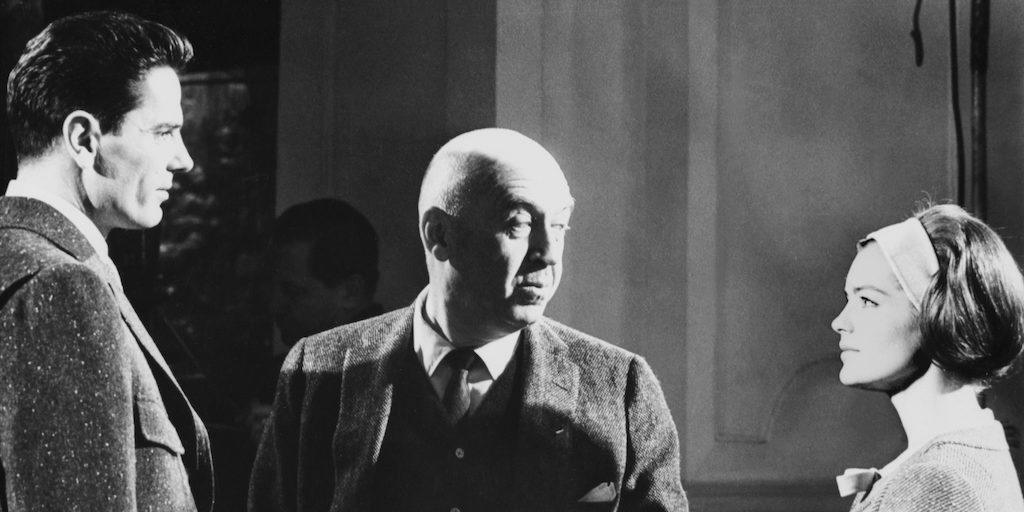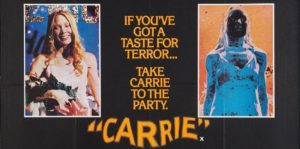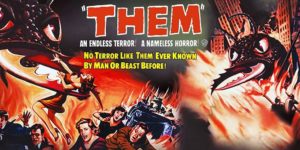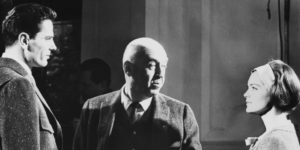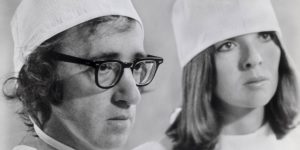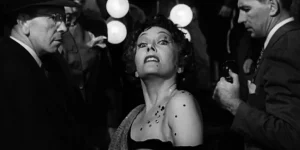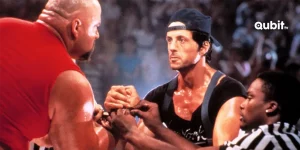On December 6, 1995 in Burbank, California, took place ––arriving like a bolt of lightning full of energy–– the premiere of Heat, released in Argentina as Fuego contra fuego (lit.: Fire Against Fire), perhaps to capitalize on the popularity of a 1991 Ricky Martin song. A premiere near the homes of most members of the cast and crew; a premiere nearby to most of the movie’s settings, a premiere both homely and intergalactic, full of stars. Anyhow, festivals cared very little about the film, and neither did those morons at the Academy.
This noir film ––much more than that, and not just noir (black), but blue–– Heat turns 25, a quarter of century, and at the end of the month, cinema itself turns 125, a century and a quarter. Barely a “1” between each other, as those who can’t read numbers might say, that is, the majority of mankind. There are people, generally and proudly innumerate, who repeat “less is more” like a mantra, but Heat and Michael Mann always knew something else: more is more. Actually, Mann the man always knew the basic rules of cinema and arithmetic. 1) A minus and a plus make a minus: those films that attempt to be either action or comedy but are half baked, suffering from narrative anemia and languor in their vision of things. 2) A plus and a minus make a minus: those movies that decide for little to nothing to happen, but in some moment seem to light up with “that sequence” that bears some kind of virtue; films with little generosity; such as many of the films recently celebrated at festivals. 3) A minus and a minus make a plus: Robert Bresson, of course. 4) A plus and a plus make a plus: Heat and Michael Mann; Michael Mass, of course. Don’t you like that term? Well, go and see Vitalina Varela, several times.
Heat is a plus and a plus and a plus: more and more and will never offer less. We come back and it is more. Plethoric with strength, plethoric with strong emotions, plethoric with an aesthetic that is both confident and convincing. Heat, a movie to thank deep within one’s soul. And to see in a movie theater. I’ve seen it twice at the Atlas Lavalle Theater, for those who don’t go to a theater anymore and already weren’t going in 1996. The street where it once stood is now turned into a horror, on account of you, those who wanted to go the shopping mall; I yelled fair chants and now I stand a splendid man in my forties. We have to get back Lavalle Street right now, open movie theaters following some kind of a plan, even a plan devised like the ones of Neil McCauley’s (Robert De Niro) crew.
Heat is a film thought down to the slightest detail, with symbols, plots and subplots and more subplots, and actors and actresses playing sublime, intense games. Pacino in Super Pacino Mode, performing with centrifugal energy, pronouncing “she’s got a great ass” better than anybody in movie history. De Niro in a De Niro absorbing mode, with centripetal energy. Heat and its symbols, the descending stairs of those about to die, the arrows in the floor that are not followed. Nobody can measure up to fate, and the codes of craftsmanship must be followed, since they are ancestral wisdom. Neil, tradition is speaking: you can’t afford the luxury of killing Waingro, don’t take that turn, move on to the highway and follow the arrow setting your path. But no, Neil goes on to do the same thing. You see the movie again and Neil goes on to do the same thing. And the ending, once again, is the same: Vincent, like Virgin Mary and Neil like Jesus, as shaped by Michelangelo in La Pieta. And Moby with “God Moving Over the Face of the Waters” cues in. Heat is a movie that reloads and empties the magazine over and over again with Brian Eno’s “Force Marker”: the best bank robbery ever put to film, shot like a war film. And the entry and exit cues of the sound layers: this is filmmaking with substance and passion. And the blue lighting, both day and night: thank you, O mighty Italian Dante Spinotti. Heat is an American film in the Howard Hawks tradition manifested in the professionalism of all those involved, both characters and makers. A movie so Italian in both the perfection of its lighting as well as the suits ––because these people knew how to dress well, these cops and thieves wore well-cut clothing–– and in the almost Neapolitan performance by Pacino. He even looks like Vittorio De Sica admiring Sophia Loren in Capri. Do you find intense and even vulgar to remember Heat? Give it up and go, run if you want, and see a streaming series, maybe you can still catch Unorthodox.
Yes, we know we “have to talk” about the purloined letter: Pacino and De Niro shared a movie in The Godfather, Part II, but they never performed with each other; their characters didn’t share the same timeline. In Heat that titanic encounter was going to happen and Mann knew what to do, and in spades: feed the reporters and the nerds, so they wonder if in fact they didn’t share the screen together (Oh, don’t make me snore; see the movie, read a book on Mann or Heat, or any nice book, or better, pay close attention the film, the coffee shop scene and the ending, to clear any doubt, and while you’re at it, you’ll learn a thing or two about film editing)
Heat is a plus and a plus and a plus, and is so much more that it is a movie that raises itself on top of another. It’s a remake from another film, in fact something like a first draft done by the same creator, Michael Mann himself: L.A. Takedown was a pilot that wasn’t picked up for series, but Mann was confident in its potential, and starting from there, he rose to the heavens to make Heat, the bluest movie of them all. Thanks, O great Mann for your conviction and for cinema, that very art that turned 100 when you shot Heat. An art, centennial back then, that felt like it still had energy, that art that persuaded us to go on a pilgrimage to see it in huge theaters that still moved us. It was also in that decade in which we could see Coppola’s Dracula (Ocean theater) and Scorsese’s Casino (Metro theater), movies that, like Heat, were made with blood, passion and tears. To quote Michi Panero in the immortal El desencanto: “we were so happy”.

